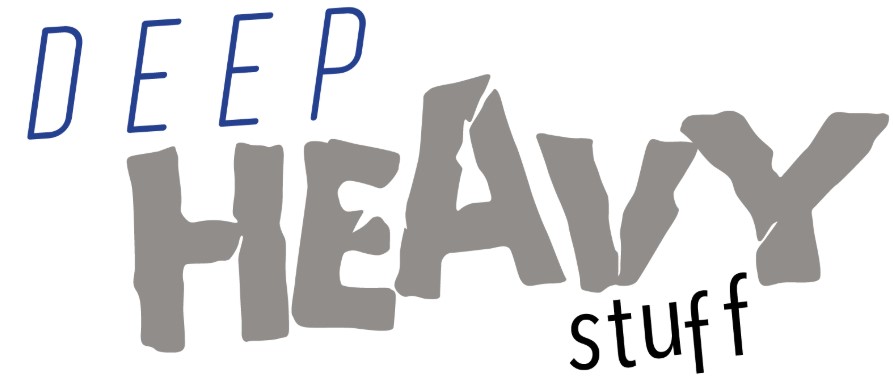I had a nemesis. He wasn’t an enemy – we weren’t actively engaged in conflict against each other. But still a nemesis – someone who made me want to spit on the ground every time his name was mentioned. (We will refer to the person as my nemesis, for the remainder of this post)
I never liked my nemesis from the day I met him. And I never
pretended to. He sensed my aversion because I couldn’t hide it. In my
neighborhood growing up, we were honest about our feelings toward each other. I
never learned the important skill of pretending to like someone.
Despite my disdain for the guy, I still played nice, which is my nature. But then there was the “incident”. My nemesis had an opportunity to do be harm, to do me in, so to speak, and he did. I tried not to take it personally, but all my friends and associates believed this was a personal, deliberate action. Often, I am oblivious when someone intentionally mistreats me and friends have to tell me the bad news. This time the verdict was unanimous, and thus, I accepted it as fact.
And so, I had enmity (the state or feeling of being actively opposed or hostile toward someone) towards my nemesis. There was bad blood – the baddest of blood. I had a nemesis whose act of vengeance against me I couldn’t deal with. Fortunately, I no longer had to see him, but that didn’t stop people from mentioning his name in my presence to provoke a reaction. Other people would refrain from doing so out of respect for me.
Crossing Paths
Almost five years after “the incident”, my nemesis and I were at a huge event and eventually, I spotted him. I was in a much better place after five years and was prepared to reconcile. But before I could approach him, I sensed he was very apprehensive and uncomfortable seeing me. Of course, that made me feel extremely awkward, so I did not approach him.
A year later, I was eating a snack at a reception after a big meeting when my nemesis unexpectedly showed up in the same room. I had not had time to prepare for this encounter. I responded by panicking, wolfing down my food, and bolting for the door at the earliest opportunity.
However, knowing that my nemesis was also uncomfortable in
my presence did provide some solace. I imagined what I might do if we were ever
forced to meet, which was a possibility. I thought about giving him a sinister
look, the type a villain gives right before he rips someone’s heart out with
his bare hands. I considered giving him a huge bear hug, thanking him for what
he had done. There would be those fearful seconds where he wouldn’t know if I would
release him or crush his ribs. But I wouldn’t actually be thanking him. Yes, I
did recover splendidly from “the incident” but there is the matter of intent.
The intent was bad, so the blood remains bad. But in the following six years,
our paths never crossed. Until …
The Dinner
Recently, I was invited by my long-time friend Mark to a
fund-raising dinner for a charity I support. I had never been to one of these,
but Mark is now working with this charity and insisted I attend.
Upon arriving, my wife and I exchanged pleasantries with Mark and his wife. He told me there would be several people attending that I had not seen in a while. He said, “Hey, you know (my nemesis), don’t you? He’ll be here.”
Well, that, of course, wasn’t a pleasantry. My wife had not heard the comment. I quickly
pulled Mark aside and explained “the incident”, so he wouldn’t try to
reintroduce us later that evening.
Due to the pandemic, the tables at the dinner were preassigned and your nametag was placed on the table. We found our seats, and I broke the startling news to my wife. “My nemesis will be here tonight.” She seemed more intrigued than concerned with this news.
Me, I was concerned. I was looking forward to a pleasant
evening, and now I had to deal with this. It was a large banquet room, spaced
out a little more due to the pandemic. I was at the very front corner of the
room, and if he were sitting anywhere on the other side, I would never even see
him.
“I wish I would have checked the register to see what table
he’s at”, I told my wife. Moments later, the register popped up on the main
screen.
“He’s at Table 8. It’s probably way over there”, I said.
“Look, it’s right there! she exclaimed.
I spun around to see a big “8” on the table directly behind
us to the right. Well, there was no avoiding this predicament.
It was obvious he was going to see me. As I often tell people, at 6’3” with a
shaved head, “I’m hard to miss.”
It was then, I first asked myself the question:
What are you going to do?
A few minutes later, my wife grabs my arm and announces,
“He’s here.” I have to look, and there he was, like disgust lemon sour - I
smell vex and conflict”. My wife was
so intrigued at this melodrama unfolding before her that I had to tell her to quit looking back at that table. She was having
a great time with this, as she was getting “dinner and a show”.
But … What are you going to do?
And I could hear the Eagles singing in my head ….
Somebody’s gonna hurt someone
Before the night is through
Somebody’s gonna come undone
There’s nothin' we can do


